
Article
Why I Hope to Die at 75
An argument that society and families – and you – will be better off if nature takes its course swiftly and promptly
The Atlantic,
2014
Recommendation
Modern medicine enables people to live longer and longer lives. But is living into your 80s and 90s even a desirable prospect? Ezekiel J. Emanuel doesn’t think so. In a thought-provoking and provocative essay, he explains why he doesn’t want to live past age 75. While his essay may evoke moral objections among some readers, Emanuel is raising important issues related to longevity and medical practice that many won’t dare to raise publicly. Ultimately, Emanuel’s essay is not about dying. It’s about leading life to the fullest while you are in your prime.
Summary
About the Author
Ezekiel J. Emanuel is an oncologist, a bioethicist, and a vice provost of the University of Pennsylvania.
By the same author
Learners who read this summary also read
Article
Book
Book
Book








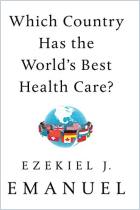
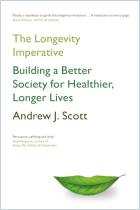


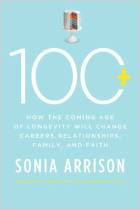
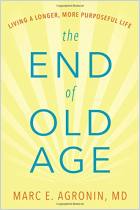
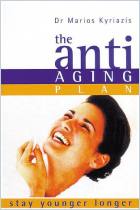



Comment on this summary or Start Discussion